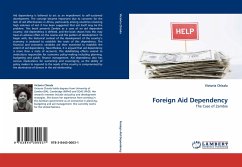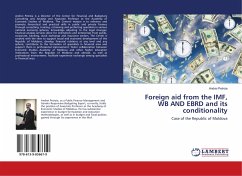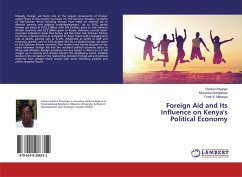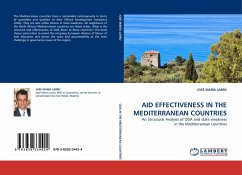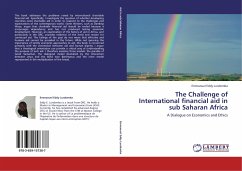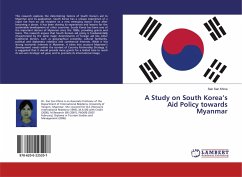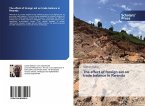Aid dependency is believed to act as an impediment to self-sustained development. The concept became important due to concerns for the lack of aid effectiveness in Africa, particularly among countries receiving high volumes of aid. It has been suggested that aid itself may be the problem. This book presents Zambia as a case of an aid dependent country. Aid dependency is defined, and the book shows how this may have an adverse effect on the course and the pattern of development. To begin with, the historical context of the development of the country s economy is analysed to establish the roots of this dependency. The financial and economic variables are then examined to establish the extent of aid dependency. Nevertheless, it is argued that aid dependency is more than a state of accounts. The debilitating effects extend to institutions responsible for economic policy-making including planning, budgeting and public finance management. Aid dependency also has serious implications for ownership and sovereignty, as the ability of policy makers to respond to the needs of the country is compromised by the dominance of donors in the aid relationship.
Bitte wählen Sie Ihr Anliegen aus.
Rechnungen
Retourenschein anfordern
Bestellstatus
Storno

